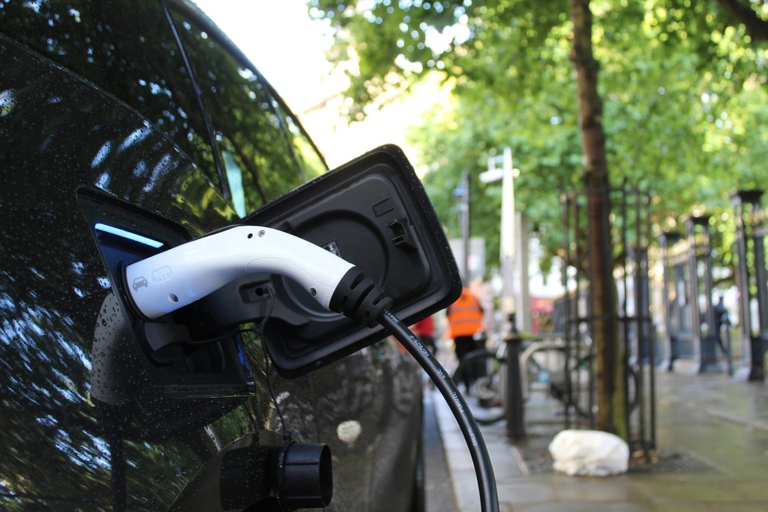https://www.lifegate.it/dazi-ue-auto-elettriche-cinesi
- |
- After an anti-dumping investigation, the European Commission has decided to introduce duties on imports of electric cars.
- The United States has also introduced tariffs, as high as 100 percent.
- The first effect will be an increase in the cost of cars on the consumer side, but Beijing's reaction is awaited.
On June 12, 2024, the European Commission announced a significant increase in duties on imports of electric cars produced in China.From 4 July, the new duties will have an amount between 17.4 and 38.1 percent, which will vary depending on the company to which it must be applied and which will be added to the already existing duties of 10 percent which apply to all cars coming from any destination:they will therefore be able to arrive in total at 47.6 percent on the value of the car.
The measure, which arrives following an anti-dumping investigation started in 2023 and follows the historic decision of the United States to introduce them at 100 percent, aims to counteract the subsidies that the Chinese government provides to its producers, but risks triggering a costly trade war with Beijing.

Who is in favor of tariffs on electric cars and who is not
The new tariff could generate revenues of over two billion euros a year, but also create tensions with the Chinese government.There Germany, Sweden and Hungary opposed it from the beginning to this decision, worried about the repercussions on their automotive industries.Among the main supporters of the duties, however, are France and Spain.
Germany, in particular, fears for its manufacturers, who export large numbers of cars to China.Sweden is in a similar situation, as Volvo, the country's largest manufacturer, is controlled by China's Geely.Hungary, a privileged destination for Chinese investments in the electric car sector, shares the same fears.
If they want to block Brussels' decision, Germany, Sweden and Hungary must secure the support of at least eleven other countries.The Czech Republic and Slovakia could join the opposition.The states of the European Union must decide on the increase by November 2, 2024:if approved, it will be valid for five years.
Tariffs on Chinese electric cars, what effects?
The European Commission claimed that Chinese producers benefit from subsidies to production which allow them to offer prices that are on average 20 percent lower than their European competitors.A recent study byInstitut für Weltwirtschaft Kiel predicted that an additional 20 percent tariff could reduce Chinese electric car imports by 25 percent.In 2023, China exported ten billion euros worth of electric cars to Europe, doubling its market share in just one year.Also in 2023, 1 in 5 electric cars sold in the European Union it was produced in China.Of these, approximately 40 percent are built by Chinese brands
The immediate effect of the increase in duties will be a increase in the price of Chinese electric cars and less pressure on European companies.At the same time, it is expected that Beijing will react reducing its imports from the European Union, worsening the trade conflict.As experts, including the economic journalist Alessandro Lubello, point out, while in the United States subsidies for the purchase of electric cars are reserved for those produced internally, in Europe such aid also applies to vehicles manufactured in China, reducing the effectiveness of the new duties.

Will tariffs slow down the ecological transition?
“The common objective should remain that of the energy transition of transport, of which the electric car is a fundamental piece” he explains Roberto Sposini, mobility expert at LifeGate.“What sense does it make on the one hand to support the car transition with bonuses and subsidies and on the other to tax Chinese models, which are among other things the most accessible from an economic point of view?Are we certain that defending the European automotive industry from the wave of Chinese cars will not end up turning into a sensational own goal?Protectionism, isolation, barriers have never had positive effects."
Raising tariffs may slow the adoption of technologies needed for the energy transition, keeping combustion engines alive beyond the 2035 threshold established by the EU.In fact, Germany (and perhaps also Italy) could use this situation to request a postponement of the deadline, fueling the perception that the green transition is too burdensome.This perception has already favored the rise of parties skeptical of environmentalism, who argue that green policies penalize industry and employment by raising prices.
